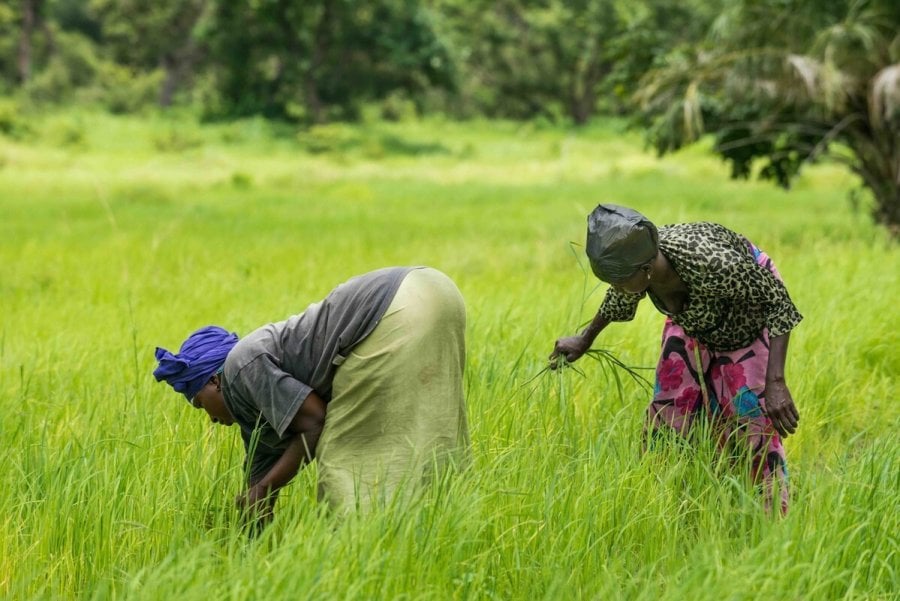World Health Organization recognises LSHTM’s expertise on climate change and health
22 April 2021 London School of Hygiene & Tropical Medicine London School of Hygiene & Tropical Medicine https://lshtm.ac.uk/themes/custom/lshtm/images/lshtm-logo-black.png
Research into climate change and health has been significantly strengthened thanks to a new partnership between the London School of Hygiene & Tropical Medicine’s Centre on Climate Change and Planetary Health (CCCPH) and the World Health Organization (WHO).
CCCPH has become an official WHO Collaborating Centre, institutions that have been designated by the WHO Director-General to conduct activities in support of the Organization's programmes.
The new World Health Organization Collaborating Centre on Climate Change, Health and Sustainable Development will be led by Dr Pauline Scheelbeek and Professor Sir Andy Haines, and is the first WHO collaboration to focus on climate change and health.
It will aim to identify the effects of climate change on health, understand how national policies to mitigate and adapt to climate change affect health, and enhance LSHTM’s capacity to respond to the effects on health from the climate emergency.
Dr Pauline Scheelbeek, Co-Director of the new Centre, said: “This is extremely exciting for LSHTM and for planetary health research. As the first World Health Organization collaborating centre that incorporates climate change, this is a great step forward for improving the joint health and climate agenda.
“It will help synthesise the latest research in climate change and health to provide evidence for policy-makers around the world, helping those in low and middle income as well as high-income countries. We are honoured to have been designated by the WHO and look forward to further strengthening our relationship to help drive effective solutions for global health.”
LSHTM will provide tools to support countries assess health implications of climate commitments in agriculture and food sectors, and to develop guidance on the co-benefits of climate mitigation and adaptation. LSHTM researchers will also provide the latest evidence on how to design cities that are resilient to heat, combined with guidance for a range of countries.
Professor Peter Piot, Director of the London School of Hygiene & Tropical Medicine, said: "I am delighted that LSHTM’s Centre on Climate Change & Planetary Health has been designated as a WHO Collaborating Centre in recognition of its pivotal role in pioneering research and informing policy at the intersection of climate change and health. This is now the fifth Collaborating Centre at our School and we are very pleased to be working in such strong partnership with the WHO.
The widespread and potentially huge impacts of the climate crisis are rapidly redefining the global health agenda. In the lead up to COP26 our Centre and brilliant experts will be working hard with partners to position health in the wider context of climate issues and promote our world-leading research to improve health worldwide.”
Professor Alan Dangour, Director of the Centre on Climate Change & Planetary Health, said: “We are delighted that our Centre now has a formal collaboration with our many colleagues at the World Health Organization working on the critical topic of climate change and health.
“Working in partnership we will seek to bring into sharp focus the desperate need for action to protect and improve the lives of the many millions of people affected by climate and environmental change around the world.”
LSHTM's short courses provide opportunities to study specialised topics across a broad range of public and global health fields. From AMR to vaccines, travel medicine to clinical trials, and modelling to malaria, refresh your skills and join one of our short courses today.